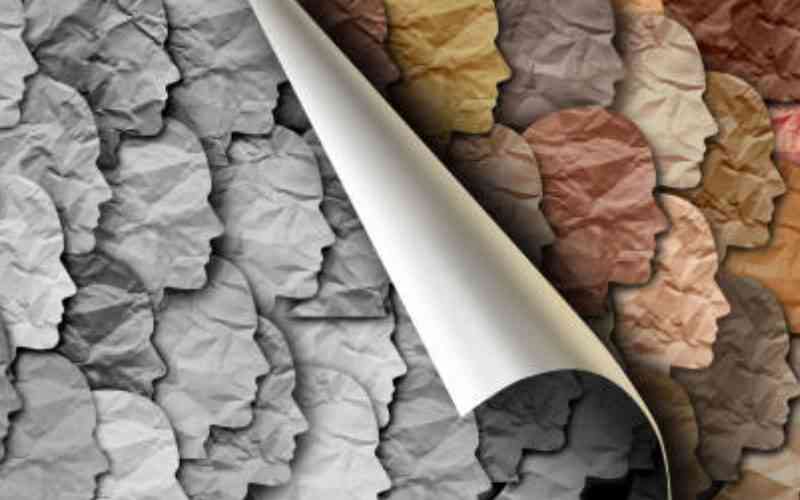
With elections-related malicious content spiking on social media and a new Council for Responsible Social Media launched this week, perhaps it's time to revisit what social media platforms, digital citizens and the algorithms are doing online.
Code for Africa have recorded a 45 per cent increase in malicious online hate-speech across TikTok, FaceBook, Twitter, WhatsApp and Telegram over July. Hateful hashtags have been allowed by the social media platforms and the Kenyan authorities to remain virally alive for up to 24 hours.